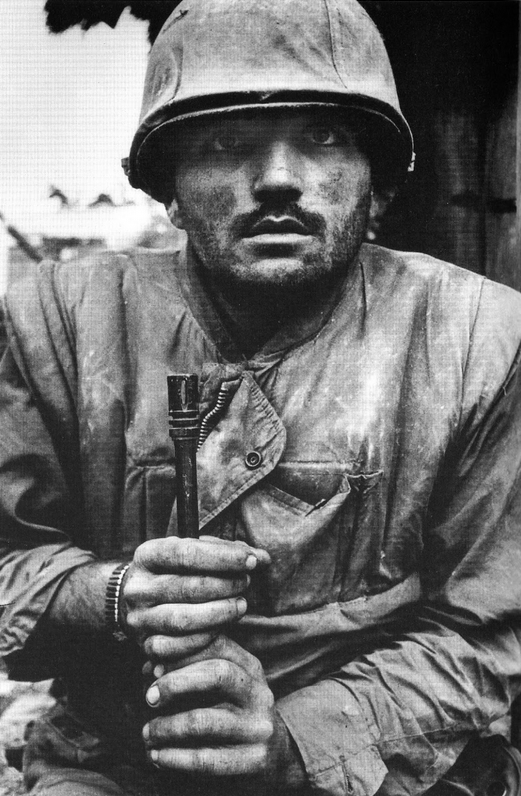- Document meaning 'evidence'.
- Documentary photography can act as evidence of events and implies truth.
- 'In many contexts the notion of a literal and objective record of 'history' is a limited illusion. It ignores the entire cultural and social background against which the image was taken, just as it renders the photographer neutral, passive and invisible recorder of the scene.' (Grahame Clarke)
- 'How the other half live' - Jacob Riis 1890. Supposed to be documentary photography but images were often staged e.g.
A Growler Gang in Session (Robbing a Lush) 1887
- Riis got the children to rob one of their own and pose. He paid them in cigarettes.
- Lewis Hine described himself as a sociological photographer. Unlike Riis, Hine never exploited. His images were about human condition. Below shows Russian immigrants portrayed as poor, but maintaining dignity and honour.
- Gives a sense of togetherness and humanity. His work brought about real changes in law.
FSA - Farm Security Administration
- Created by President Roosevelt as part of his New Deal in response to the depression.
- Intended to increase public awareness of the problems of migrants.
Margaret Bourke-White, 'Sharecropper's Home' 1937
Russel Lee, 'Interior Of A Black Farmer's House' 1939
Dorothea Lange, 'Migrant Mother' 1936
Walker Evans, 'Floyd Burroughs' 1936
Walker Evans, Coca Cola Shack 1935
Bill Brandt, 'Northumberland Miner at His Evening Meal' 1937
- Ordinary lives became part of museum culture, documenting English class system.
The Magnum Group
- Founded in 1947 by Cartier-Bresson & Capa
- Ethos of documenting the world and its social problems
- The Decisive Moment - 'Photography achieves its highest distinction - reflecting the universality of human condition in a never-to-be-retrieved fraction of a second' (Cartier-Bresson)
Henri Cartier Bresson 1932
- Above is an example of a classic decisive moment. Pose of a man jumping over the puddle in the foreground mirrors the pose of the dancer on the poster in the background.
Documentary and War
- Photography was a powerful and appropriate method of documenting and broadcasting images of the events during war time.
George Rodger, 'Bergen-Belsen Concentration Camp' 1945
Lee Miller, 'Buchenwald' 1945
Hung Cong Ut, 'Accidental Napalm Attack' 1972
Don McCullin, 'Shell Shocked Soldier' 1968
Documentary Exhausted
- 'To speak of documentary photography (at this point in its history) is to run headlong into a morass of contradiction, confusion and ambiguity; a position made more problematic by the way in which the increasing sophistication of visual technology makes it difficult to know what is 'real' and what has been 'faked''. (Grahame Clarke)














No comments:
Post a Comment